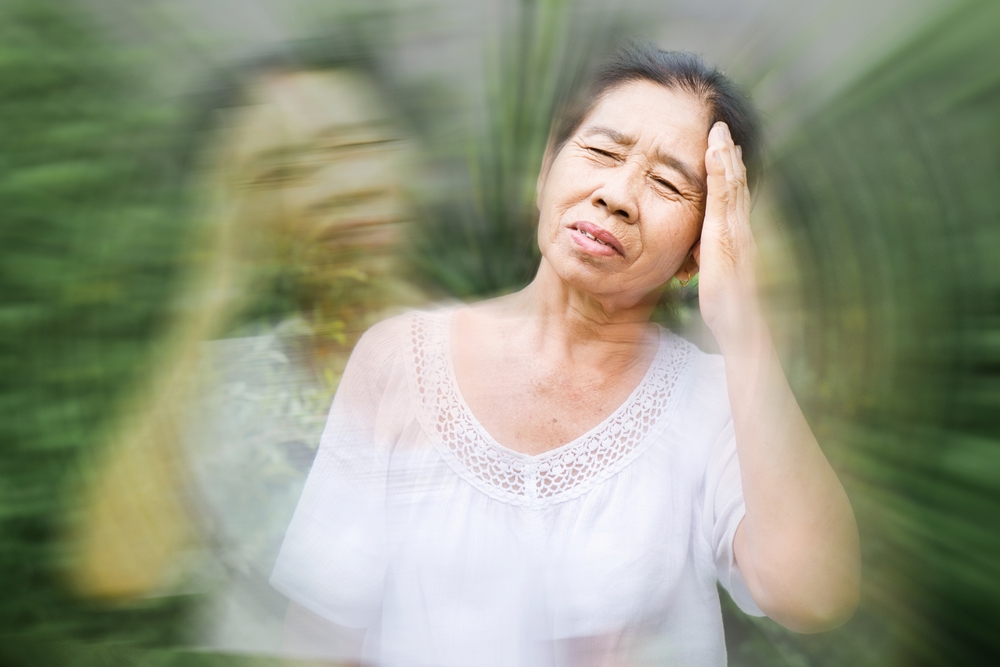Strokes are very scary. Sometimes it can seem like you’re fine one minute, and the next things just stop working right. If you know the symptoms of stroke, however, you can actually often see signs before things get really bad. Researchers say that stroke patients report having a mini-stroke one week before. In fact, a study of stroke patients found that 43% of them suffered the same symptoms – a mini-stroke – one week before their stroke. (1)
One study showed that 43% of people have a mini-stroke before they experience a full, regular stroke. Many of these people are experiencing the symptoms of this for days or even weeks before they finally go and see a doctor. The risk of having a full stroke is particularly high within the 48-hour window after a mini-stroke. The researchers say, however, that diagnosing mini strokes properly can be difficult, which is why it is important to see a doctor as soon as you can if you think you are having one.
“Confidently diagnosing a TIA is difficult since most patients are back to normal function by the time they arrive at the emergency room,” said Hardik P. Amin, M.D., chair of the scientific statement writing committee and associate professor of neurology and medical stroke director at Yale New Haven Hospital, St. Raphael Campus in New Haven, Connecticut. “There also is variability across the country in the workup that TIA patients may receive. This may be due to geographic factors, limited resources at health care centers or varying levels of comfort and experience among medical professionals.”
The Symptoms of Mini Stroke

There are several factors that increase your risk of having a stroke. Thankfully, most of them are lifestyle behavior-related and can therefore be controlled by you. These factors include:
- Age
- Family history of stroke
- High blood pressure
- Diabetes or other chronic health problems like kidney disease and heart disease
- Smoking
- Obesity (BMI over 30)
The Bottom Line



